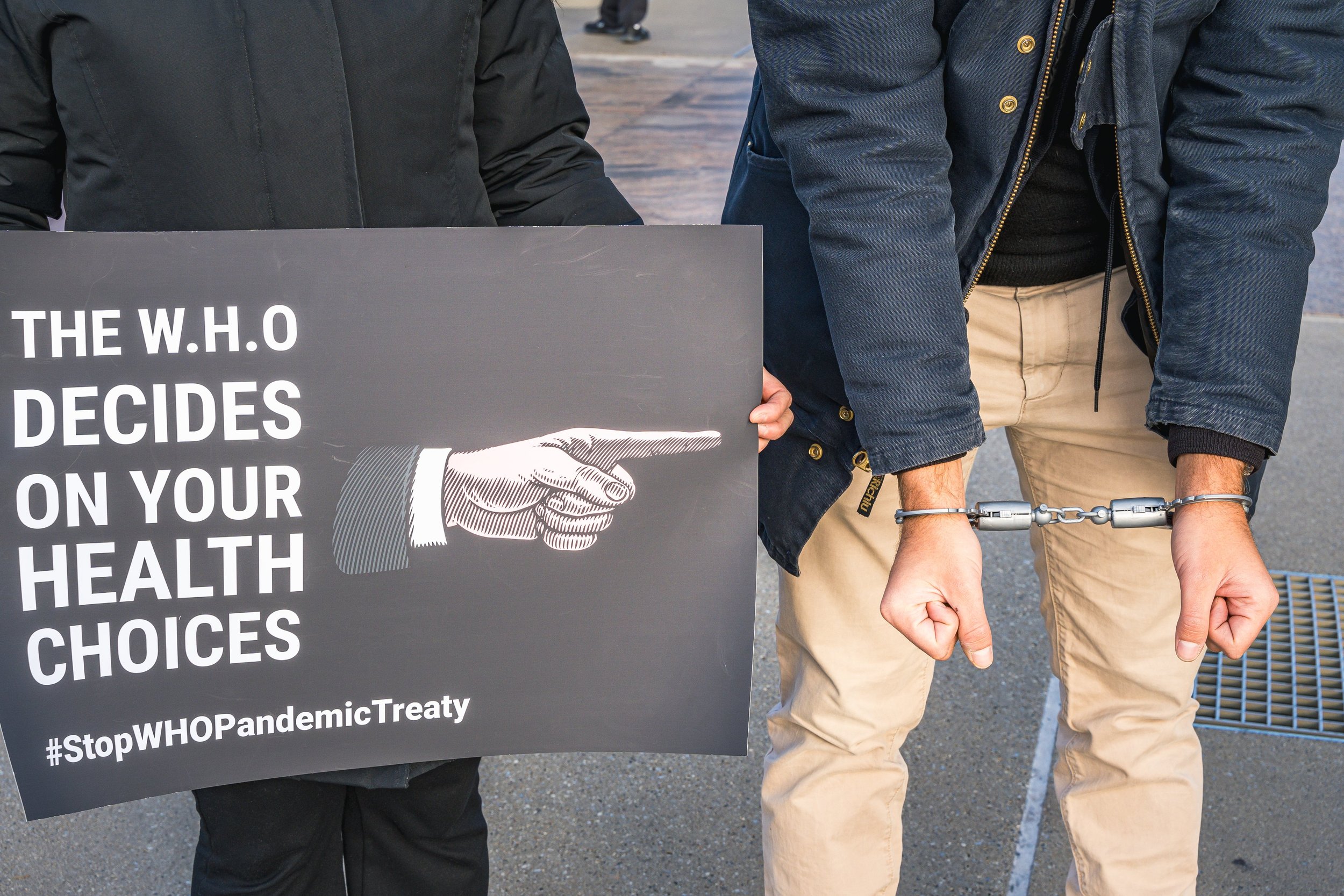UN This Week Dec 11-14
75 UDHR & Abortion
The United Nations just wrapped up its commemoration of the 75th anniversary of the Universal Declaration of Human Rights (UDHR) in Geneva, Switzerland. Throughout the two days of programming, the UN gathered human rights advocates and government officials to share “best practices” and reaffirm human rights commitments.
Unsurprisingly, during the opening segment, several panelists referred to the work of pro-lifers as dangerous and “anti-rights” and called for civil society mobilization against “radical” pro-life laws and advocacy.
“We have a backlash [movement] which, in the name of… national sovereignty…and…alternative normative frameworks, is being put against women’s sexual and reproductive rights”
- Shalini Randeria, Rector of Central European University
The pro-life stance does not correspond to an alternative normative framework as it is perfectly consistent with an originalist interpretation of the UDHR. Last month, the Political Network for Values convened conservative politicians, academics, and advocates to celebrate the anniversary of the UDHR through the pro-life and pro-family lens. They discussed how such a stance does not necessitate a reinterpretation of the Declaration as it corresponds to the worldview promoted by the very people who drafted the Declaration.
In line with progressive pro-abortion advocates, representatives from Mexico, Luxembourg, and Portugal raised concerns over pro-life legislation and shared a commitment to sexual reproductive health and rights (SRHR), a euphemism for abortion access. The spokesperson for Mexico said that the pro-life perspective is too narrow and limited and must be combatted:
“[Mexico is committed to] defending and advancing human rights processes and international agreement instruments including the ICPD Program of Action and the Beijing Platform for Action…particularly in the face of the pushback on gender equality and sexual and reproductive health and rights”
It is certainly odd that several of those who push for women’s access to abortion also reiterated the fundamental right to life that is codified in Article 3 of the UDHR.
The pro-abortion advocates at 75UDHR either believe that it is permissible to kill innocent human beings, a stance that would go against the very Declaration they convened to commemorate, or that abortion does not kill innocent human beings, a rash claim few people take the time to properly consider before joining pro-abortion advocacy.
75 UDHR & Family
On a brighter note, several UN member states took the floor to express their support for the family as the fundamental unit of society👏:
“We reaffirm…our unreserved commitment to support and protect the family and…[fulfill our] obligations under relevant provisions of international human rights law with regard to the support and protection of the family, empowering the family to support the promotion and protection of the rights of its members…prioritizing family-based care in humanitarian settings, [and] supporting the family in the digital environment”
- 🇶🇦 Qatar
“[Belarus] is committed to strengthening the family, motherhood, and childhood and to combat trafficking in human beings."
- 🇧🇾 Belarus
75 UDHR & Misinformation
In light of general public concern over the potential threats posed by AI, the 75UDHR held a session addressing the intersection between human rights and technology. Several speakers discussed the need to push against "disinformation", which oftentimes translates into silencing online speech that goes against mainstream progressive narratives. Developing an AI system based on an ethics code that is inherently progressive would most certainly exacerbate such discrimination.
In support of “disinformation campaigns,” Vahan Kostanyan, Deputy Minister of Foreign Affairs in Armenia, said:
“Digital technologies are being used to spread disinformation and misinformation….The human rights system should develop a sound mechanism to promote accountability and a right to truth to combat hate speech, extremism and extremist narratives and ideologies”
Teresa J. Hutson, Corporate Vice President of Microsoft, and Uzra Zeya from the US Department of State also reiterated the need to set standards for “AI safety” and create a multi-stakeholder digital human rights advisory mechanism.
“We need diverse voices, experiences, and perspectives to use technology to solve societal problems and address the potential harms that technologies can create: must be trustworthy, safe, responsible, and inclusive to empower everyone to respect human rights and leave no one behind.”
- Teresa J. Hutson, Microsoft






